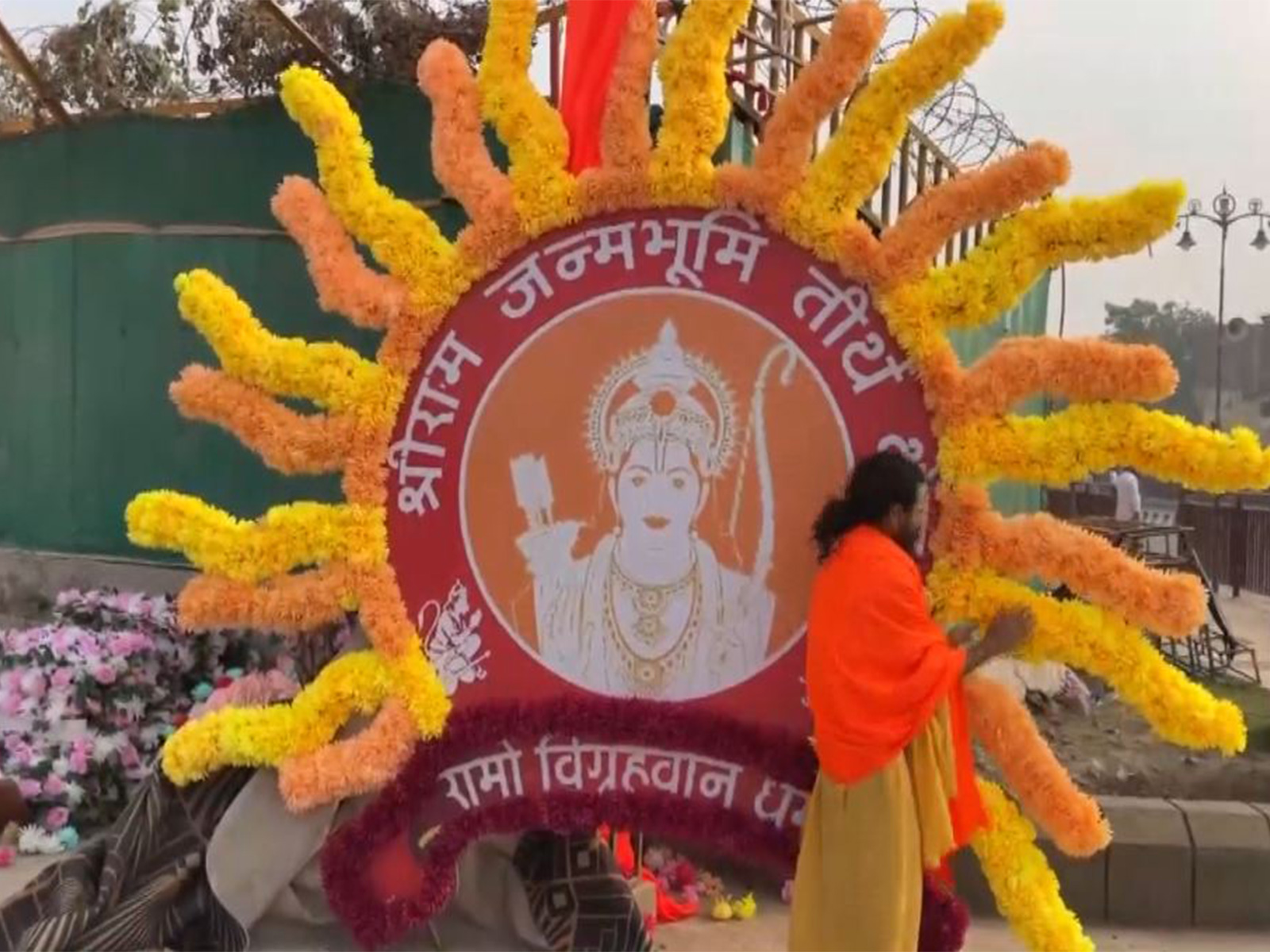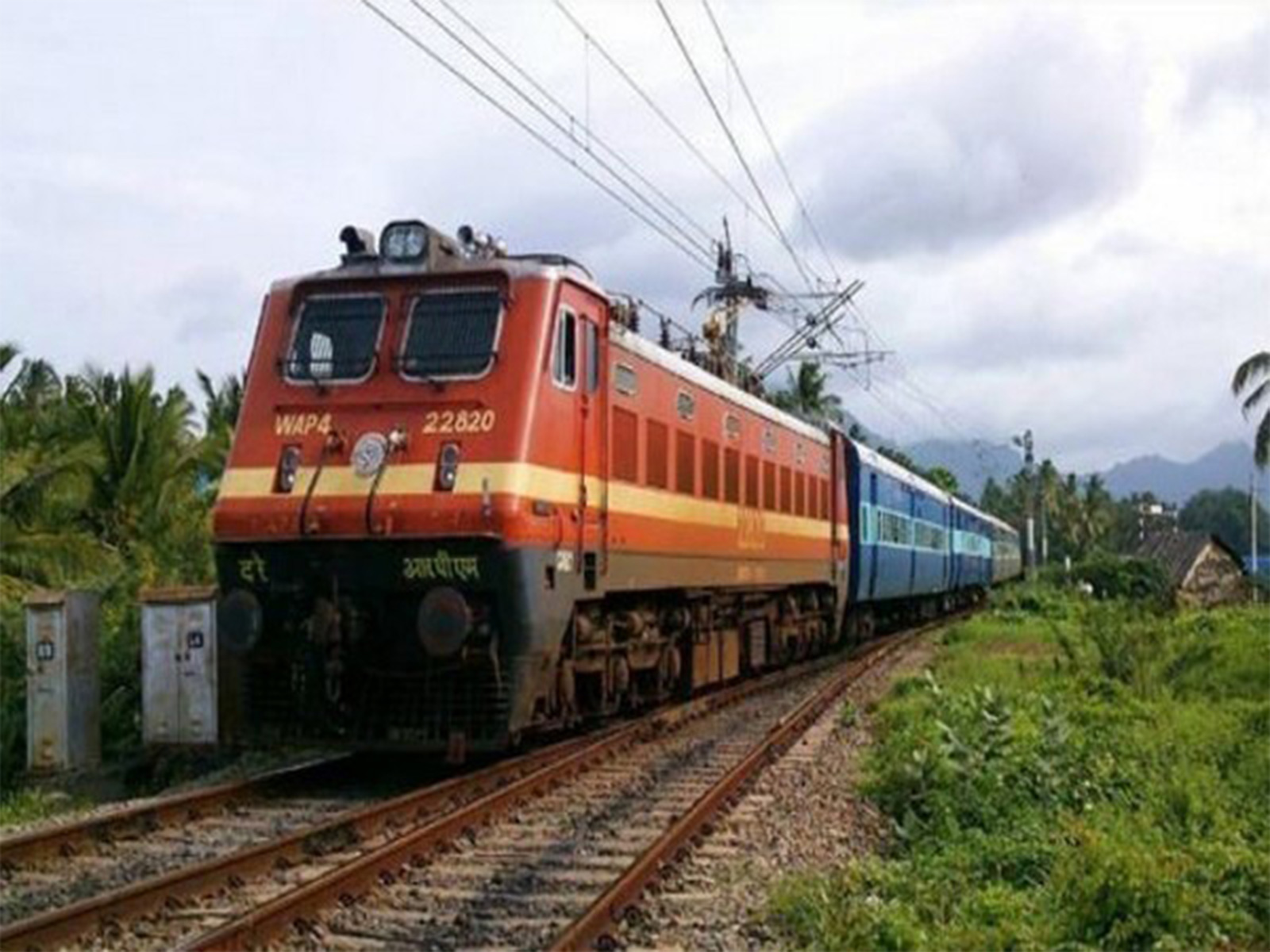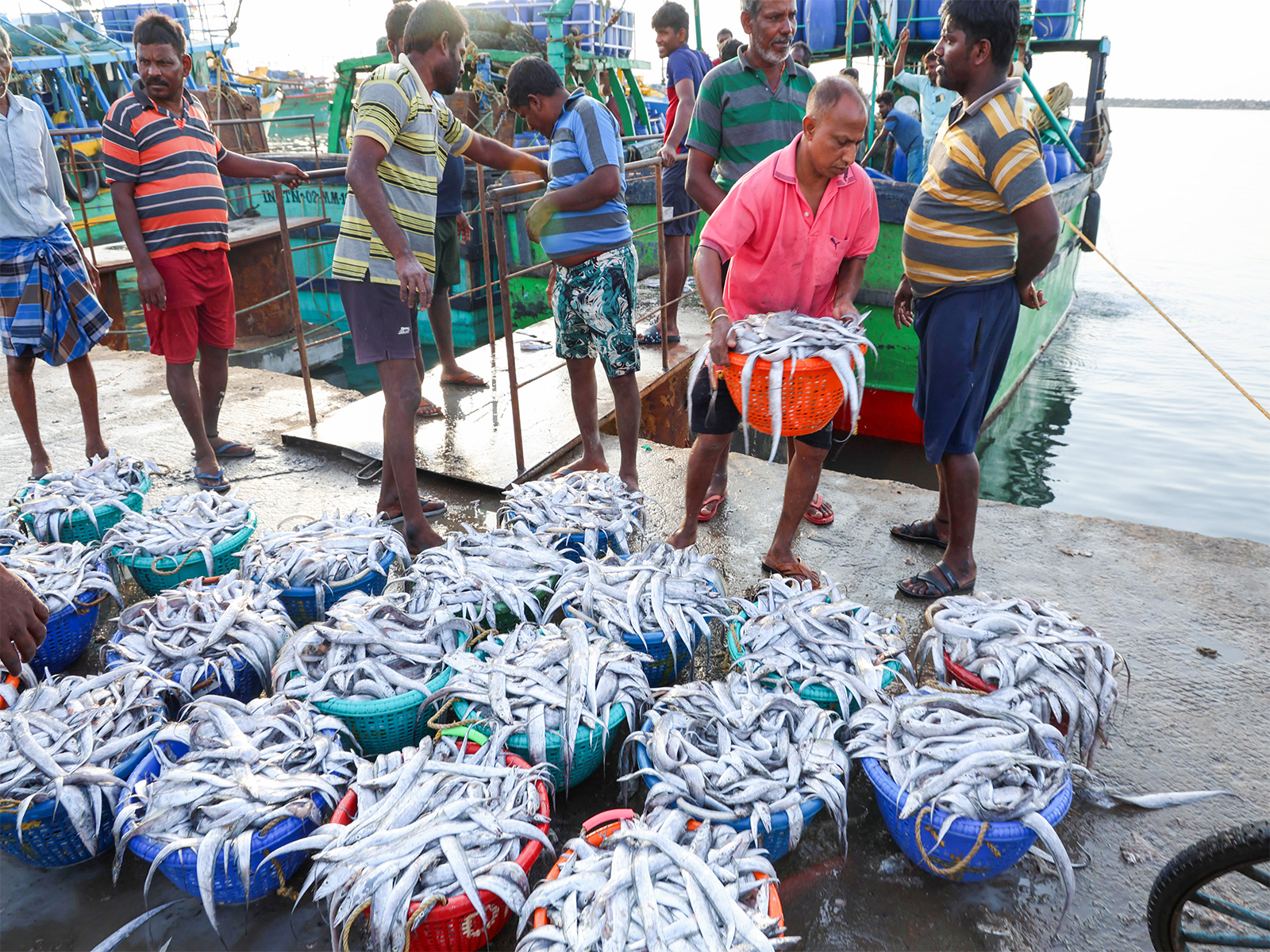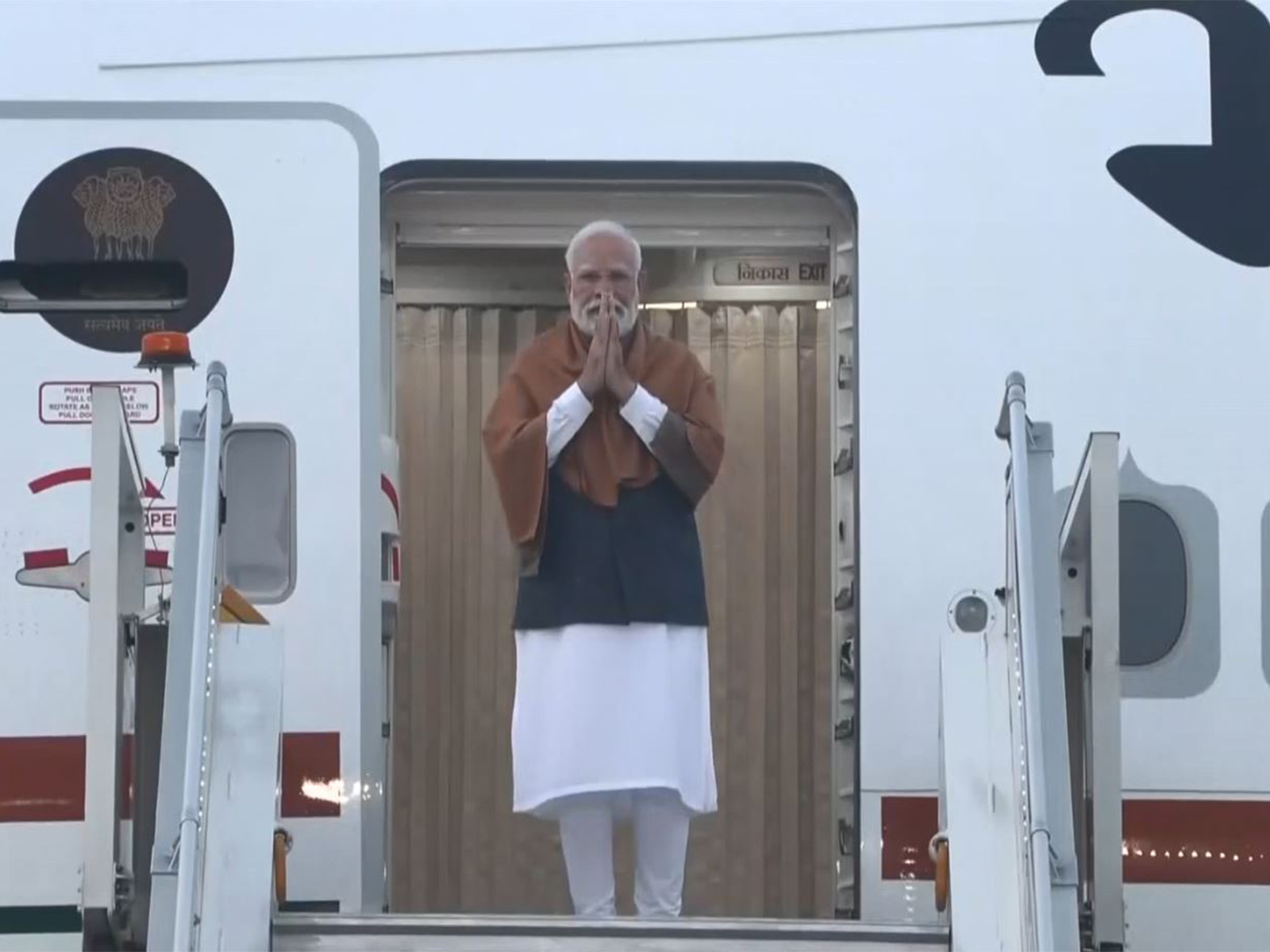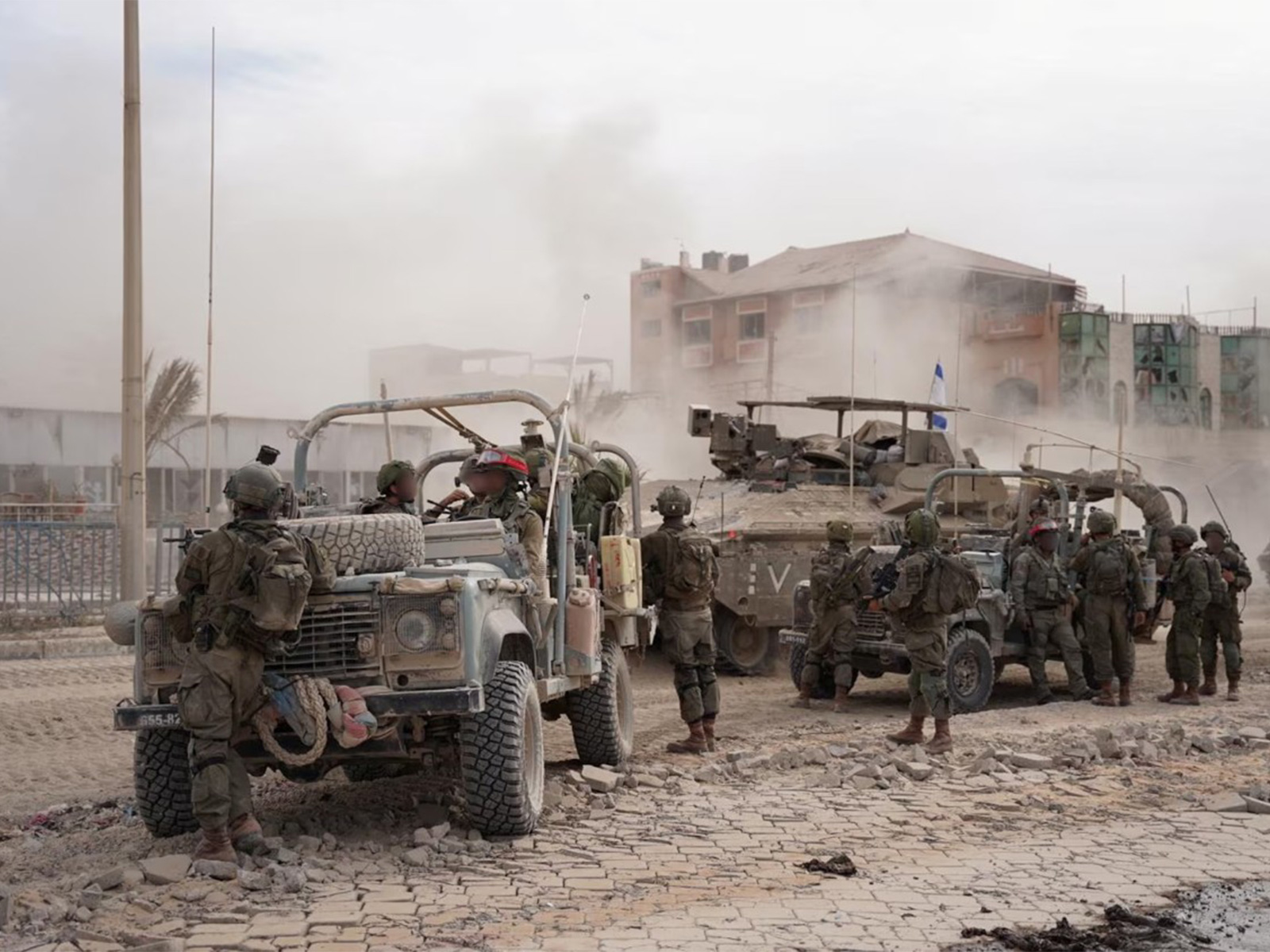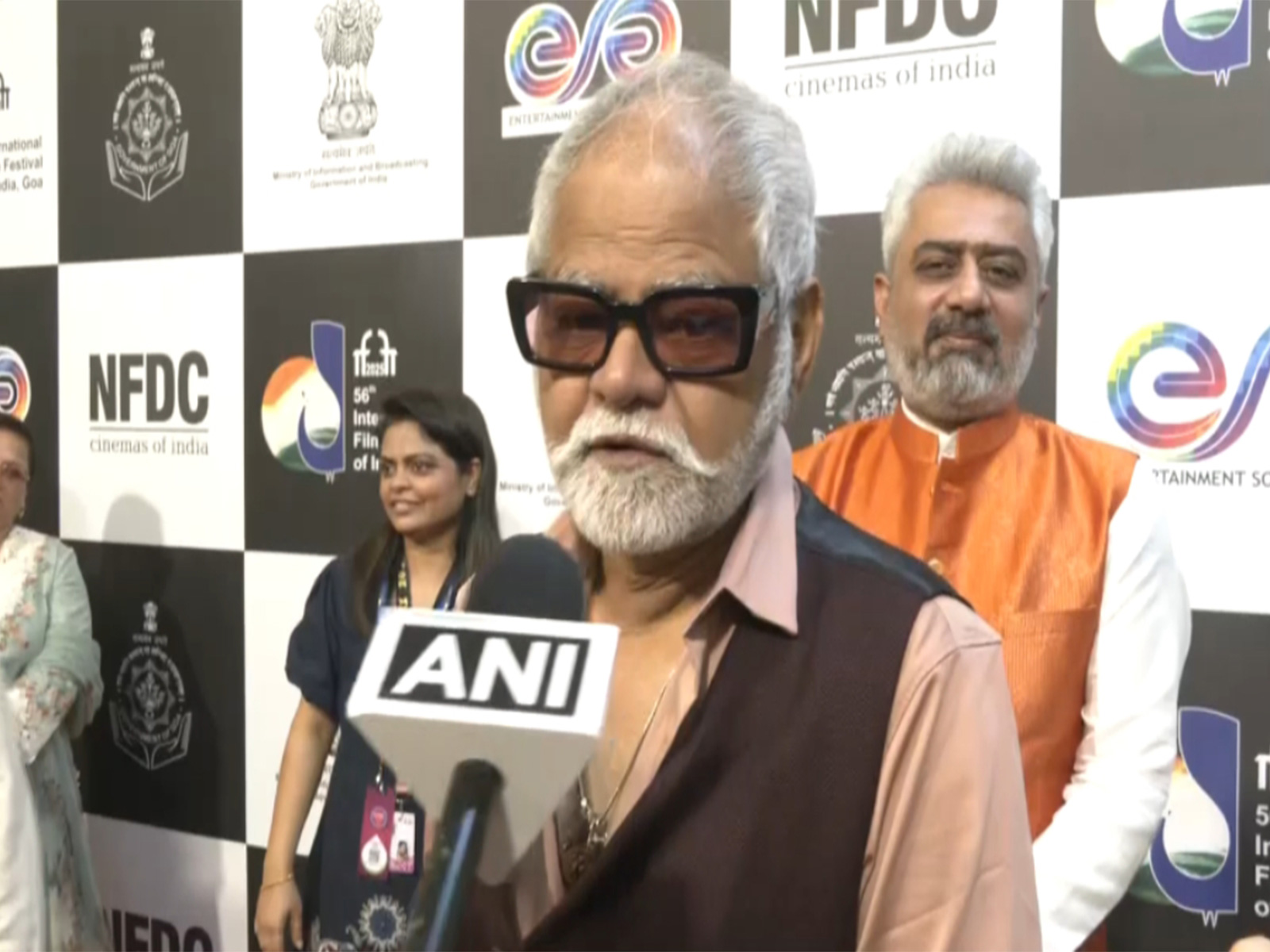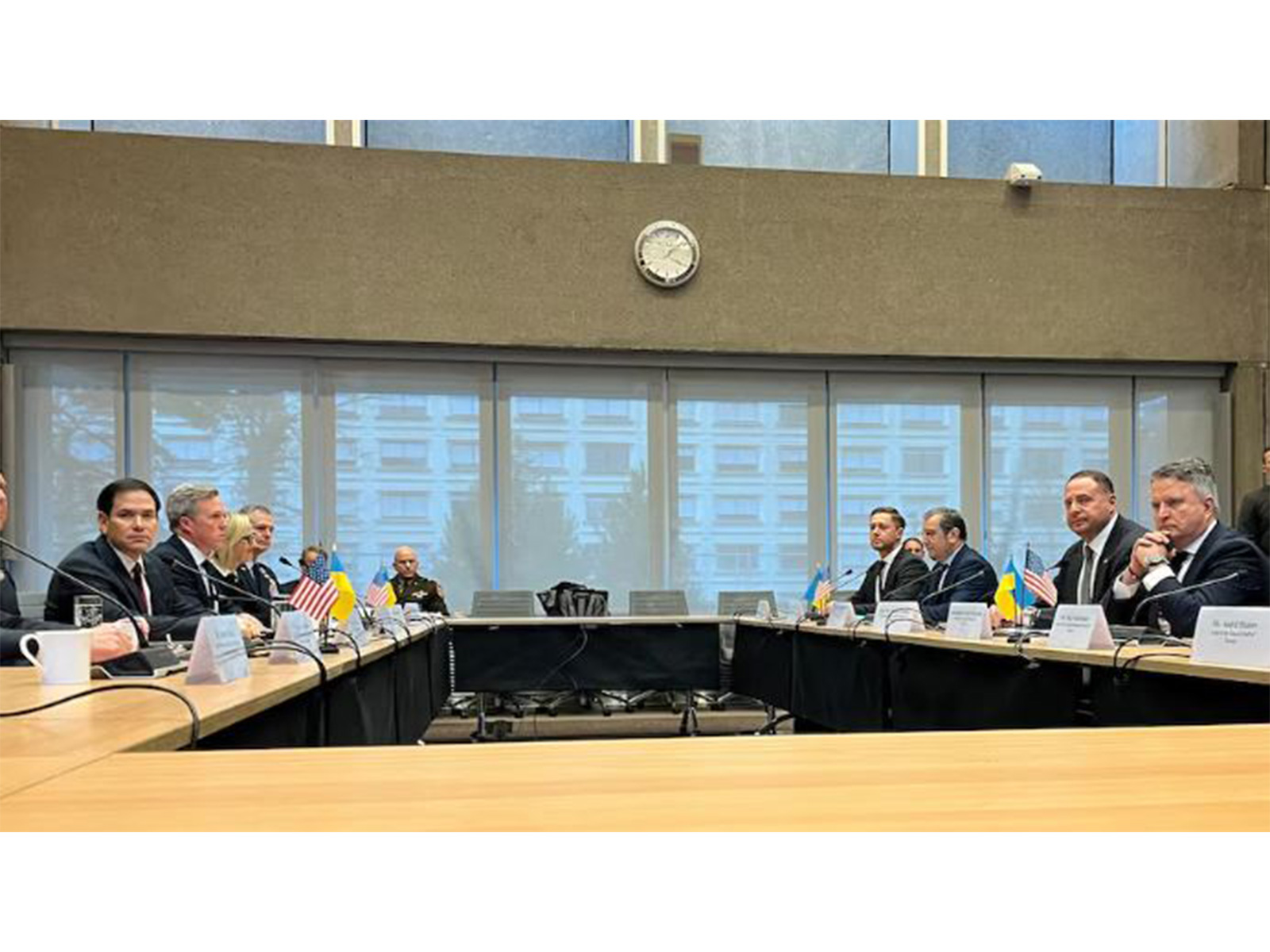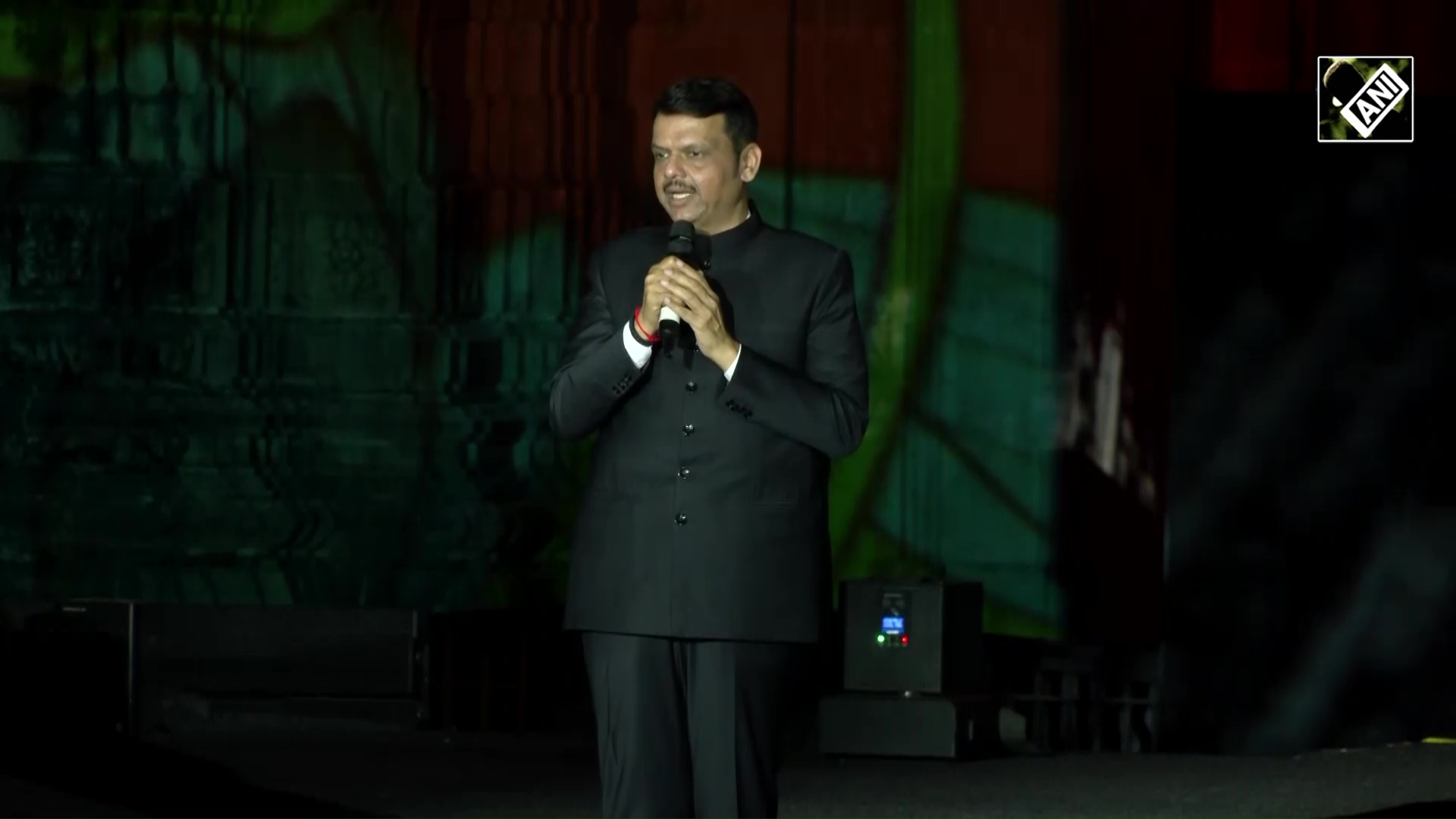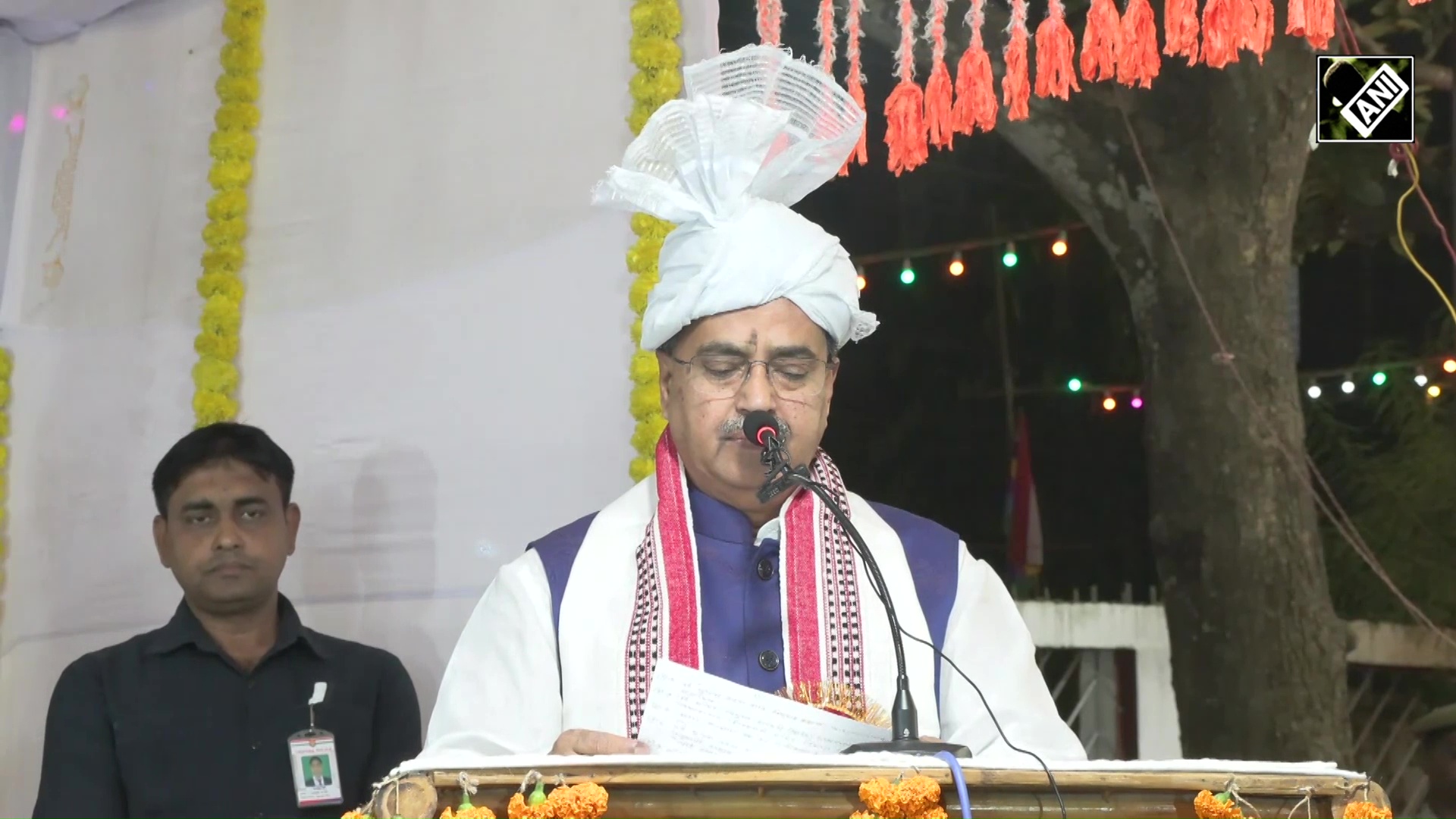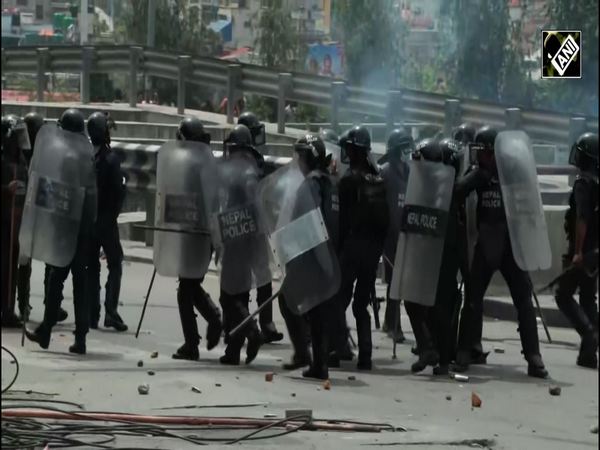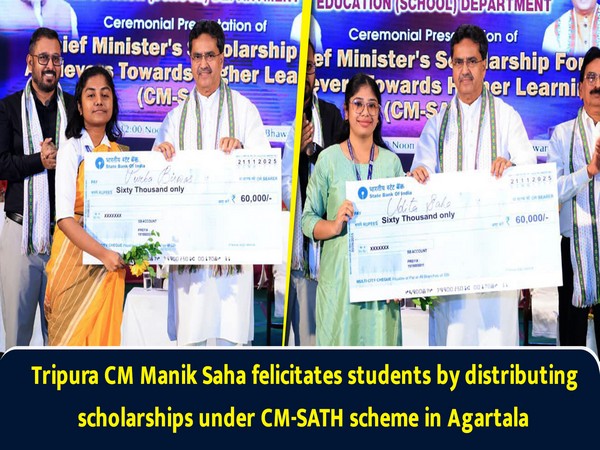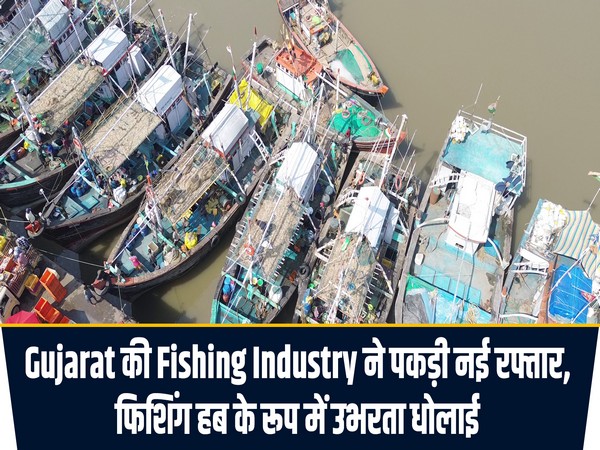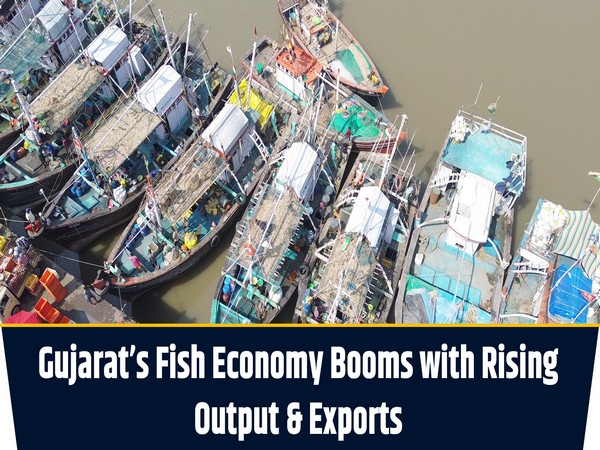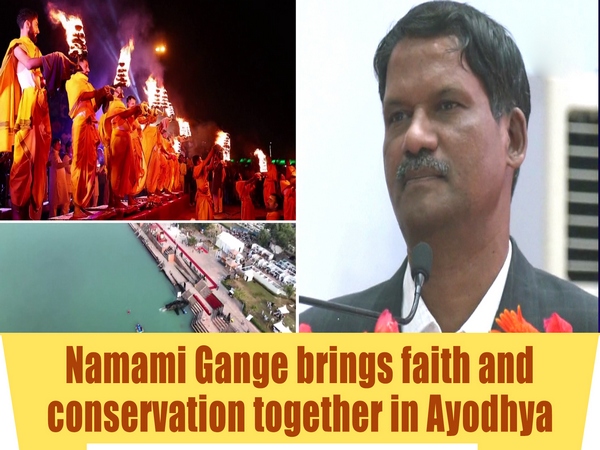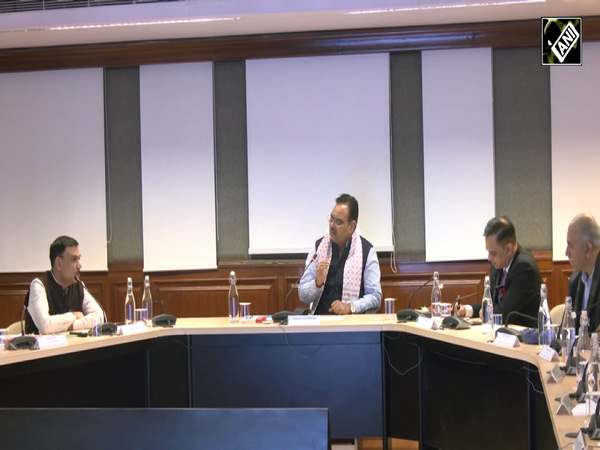PM Modi lays thrust on need of self-reliance in critical minerals, energy in I-Day speech; outlines steps for success of semiconductor mission
Aug 15, 2025
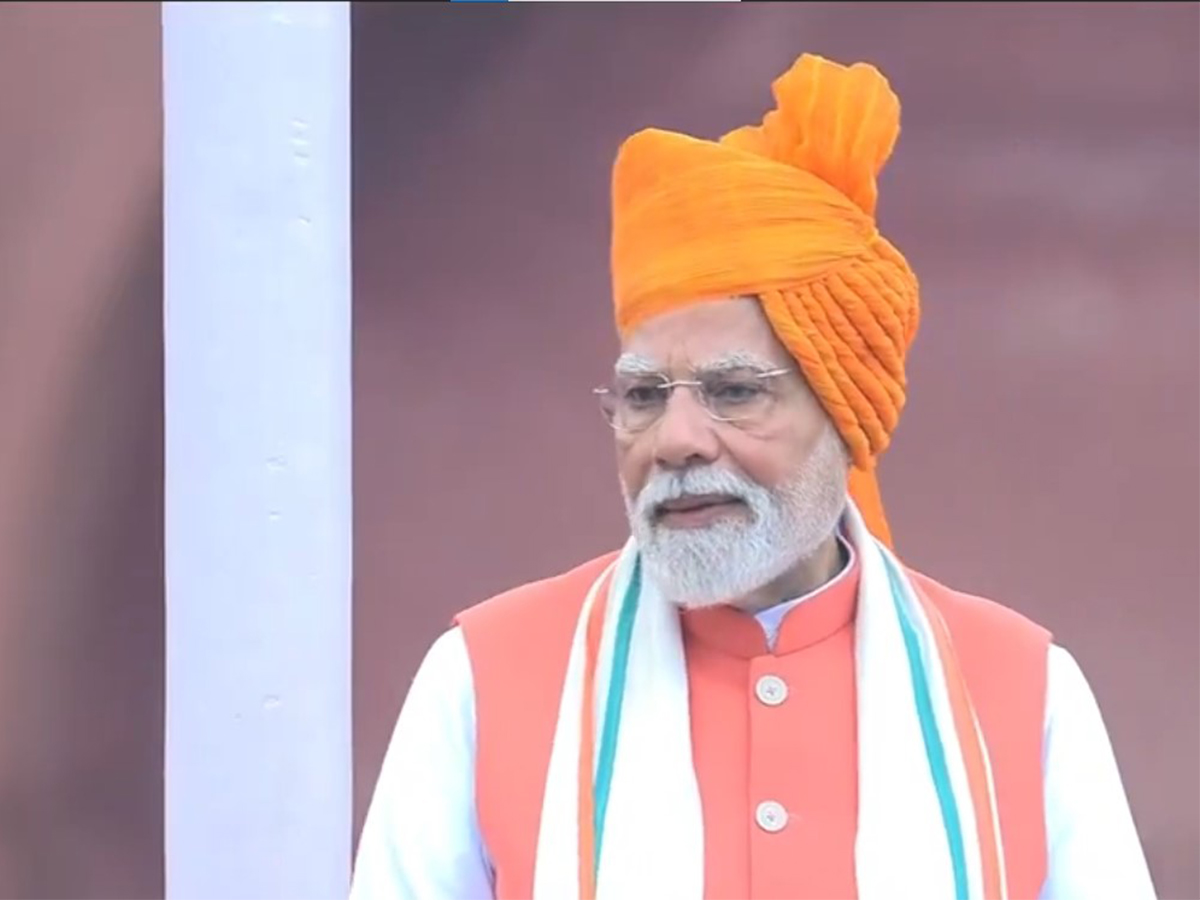
New Delhi [India], August 15 : Prime Minister Narendra Modi said on Friday that India will launch Made in India semiconductor chips by the end of 2025, reflecting the nation's growing strength in critical technology sectors.
Addressing the nation from the ramparts of Red Fort, Prime Minister made several important announcements across sectors including nuclear energy, GST reforms, Reform Task Force, Viksit Bharat Rozgar Yojana, High-Powered Demography Mission, steps towards energy independence and urged youth to work towards achieving a successful jet fighter engine, which India has to import to meet its needs.
Noting that self-reliance in critical minerals is very essential for India, he said the whole world has become very cautious about them and people have started understanding their potential very well.
"The thing which did not receive much attention till yesterday has come to the centre stage today. Self-reliance in critical minerals is very essential for us too. Be it the energy sector, industry sector, defence sector or any other technology sector, today critical minerals play a very important role in technology and hence we have launched the National Critical Mission, exploration campaigns are underway in more than 1200 locations and we are moving towards becoming self-reliant in critical minerals as well," he said.
Stating that attempts to set up semiconductor factories 50-60 years ago were "killed at birth" while other nations prospered, PM Modi announced that India is now on mission mode. By the end of this year, the nation will roll out its first Made in India chip.
Noting that India aims to boost nuclear energy capacity by 2047, PM Modi said work is underway on 10 new nuclear reactors as part of India's mission to increase nuclear power generation capacity by over ten times in the next two decades.
He said India is opening the nuclear sector to private players, creating unprecedented opportunities in energy and technology.
If India were not dependent on energy imports, the money saved could be used for the welfare of farmers, further strengthening the backbone of the nation's prosperity, he said.
PM Modi said that next-generation GST reforms will be unveiled on Diwali, reducing taxes on essential goods and providing relief to MSMEs, local vendors, and consumers.
He announced the creation of a dedicated Reform Task Force to drive next-generation reforms. The mandate of the task force is work for steps to accelerate economic growth, cut red tape and modernise governance.
PM Modi launched a major employment scheme worth Rs one lakh crore, under which newly employed youth will receive Rs 15,000. The scheme aims to benefit three crore young Indians, strengthening the bridge from Swatantra Bharat to Samriddha Bharat.
He highlighted the dangers of demographic imbalance due to infiltration and illegal migration in border areas and announced the launch of a High-Powered Demography Mission to address this national security challenge, "ensuring the unity, integrity, and rights of India's citizens are safeguarded".
The Prime Minister pointed out that a large share of India's budget still goes toward importing petrol, diesel, and gas. He announced the launch of the National Deepwater Exploration Mission to tap ocean resources, alongside major expansions in solar, hydrogen, hydro and nuclear power.
With India having to import jet engines for domestically produced fighter jets also, PM Modi said that just like how we made vaccines during COVID, and UPI for digital payments, "we should build our own jet engines too" and urged scientists and youth to take it up as a direct challenge.
Noting that whole of India rejoices in the remarkable achievements of Group Captain Shubhanshu Shukla, the first Indian to visit International Space Station, PM Modi said India is preparing for Aatmanirbhar Bharat Gaganyaan, with ambitious plans for India's very own space station, signalling a new era of indigenous space capabilities.
Over 300 startups are actively innovating in satellites, exploration, and cutting-edge space technologies, ensuring that India is not just participating but leading globally in space science and exploration.
PM Modi said energy independence is of prime importance for the bright future of youth and for welfare of farmers and this will be done.
"With our resolve of Self-reliance in energy in the last 11 years, solar energy in India has seen a thirtyfold increase. With Mission Green Hydrogen, Bharat is today investing thousands of crores of rupees. While the world debates global warming, India had resolved to achieve 50% clean energy by 2030 yet, thanks to the commitment of its people, that goal was met by 2025. Solar, nuclear, hydro, and hydrogen energy have been advanced, marking a decisive step towards energy independence," he said. .
"Be it solar panels or components required for electric vehicles, we should manufacture our own components," he added.
PM Modi spoke at some length about the government's semiconductor mission and narrated how the country fell behind in the race.
"I wish to draw your attention to another subject. None can deny that the 21st century is a technology-driven century. And when it is technology-driven, a glance at history tells us that every nation which mastered technology scaled the heights of development, reached the pinnacle, and attained new dimensions of economic power. When we speak of various dimensions of technology, I wish to draw your attention to semiconductors. I do not stand here at the ramparts of the Red Fort to criticise any person or government, nor do I wish to. But it is equally important for the youth of our country to know. In our country, files related to semiconductors started moving 50-60 years ago," he said.
"The idea of a semiconductor factory began then. My young friends will be shocked to know that today, semiconductors have become a global force--but 50-60 years ago, the idea was stalled, delayed and shelved. The very conception of semiconductors was aborted. We lost 50-60 years. Meanwhile, many countries mastered semiconductors and established their strength in the world. Today we have freed ourselves from that burden and advanced the work on semiconductors in mission mode"
He said six different semiconductor units are taking shape on the ground, and the government have already given the green signal to four new units.
"And to my fellow countrymen, especially the youth, and to those across the world who understand the strength of Bharat's technology, I say this--by the end of this very year, 'Made in India' chip, manufactured in Bharat by the people of Bharat, will be available in the market."
He spoke of steps to meet country's growing energy needs.
"We took up this resolve, and in the last 11 years, solar energy has seen a thirtyfold increase. We are building new dams to expand hydropower so that we may obtain clean energy. With Mission Green Hydrogen, Bharat is today investing thousands of crores of rupees. Keeping in mind the future of energy, Bharat is also undertaking major initiatives in nuclear energy. In the field of nuclear energy, 10 new reactors are progressing rapidly. By 2047, when the nation will complete 100 years of independence--the year we have set as the target for achieving the goal of a 'Viksit Bharat'--we are moving forward with the resolve to increase our nuclear energy capacity more than tenfold," he said.
PM Modi said a huge part of the budget is spent on importing petrol and diesel.
"If we were not dependent on energy, that money would have been used for the future of the youth of my country, that money would have been used to help the poor of my country fight against poverty, that money would have been used for the welfare of the farmers of my country, that money would have been used to change the conditions of the villages of my country, but we had to give it to foreign countries. Now we are working towards becoming self-reliant. To make the country developed, we are now moving towards 'Samudra Manthan' (churning of the ocean). Taking forward our Samudra Manthan, we want to work in a mission mode towards finding oil reserves, gas reserves under the sea and hence India is going to start the National Deep Water Exploration Mission. This is our important announcement to become energy independent.

